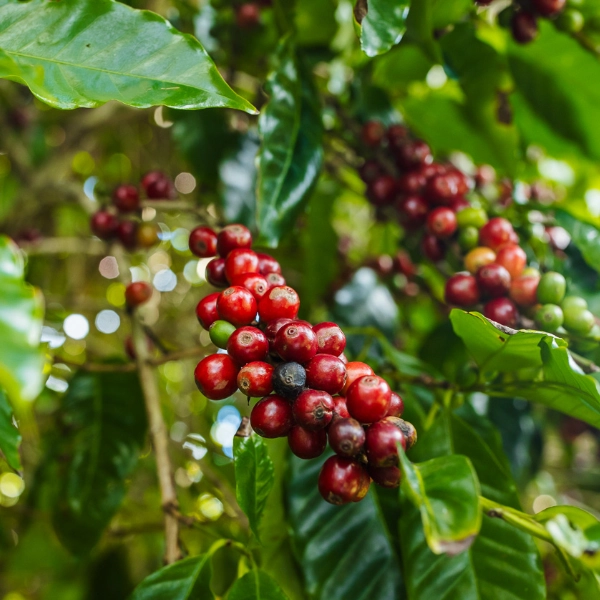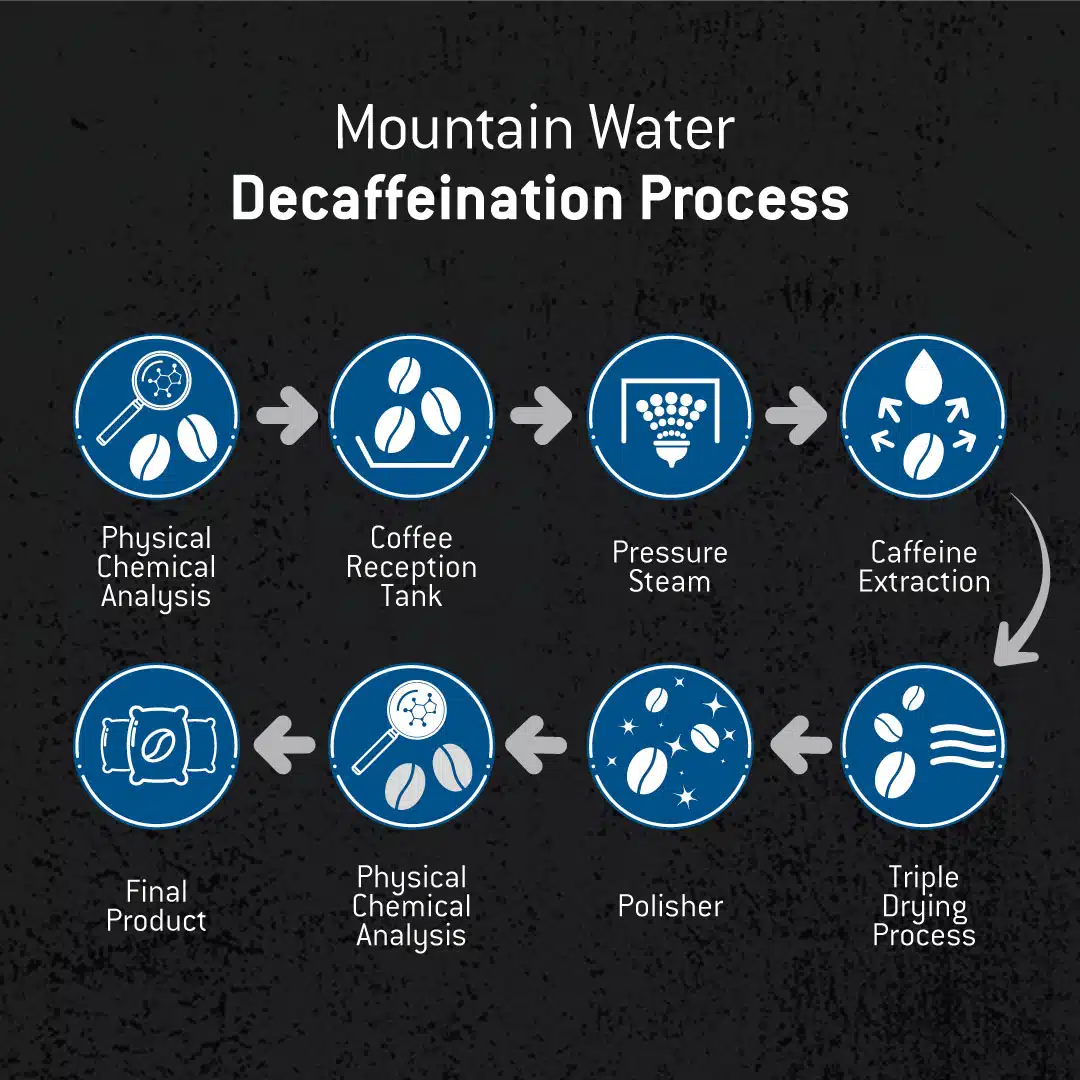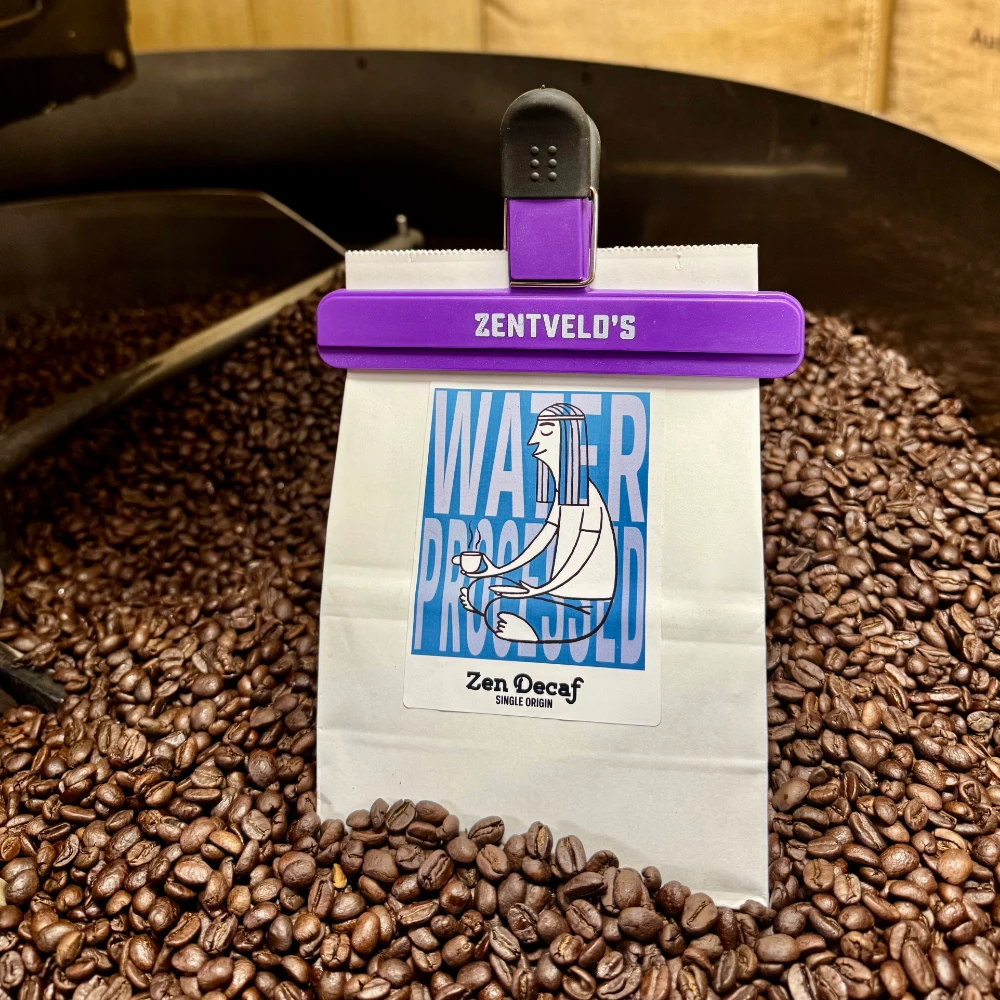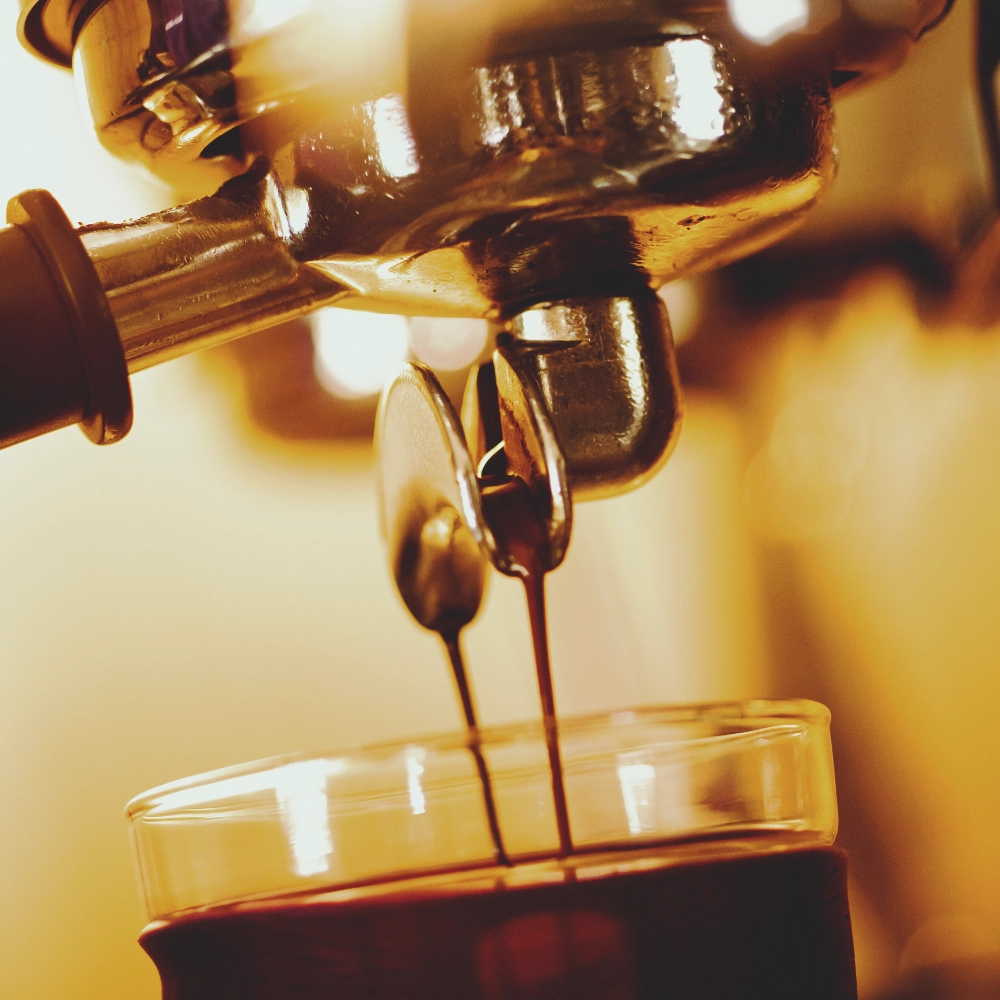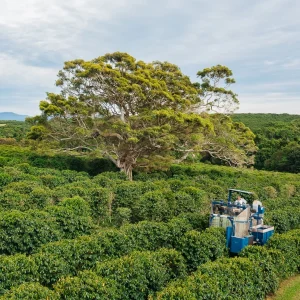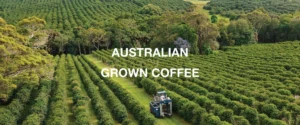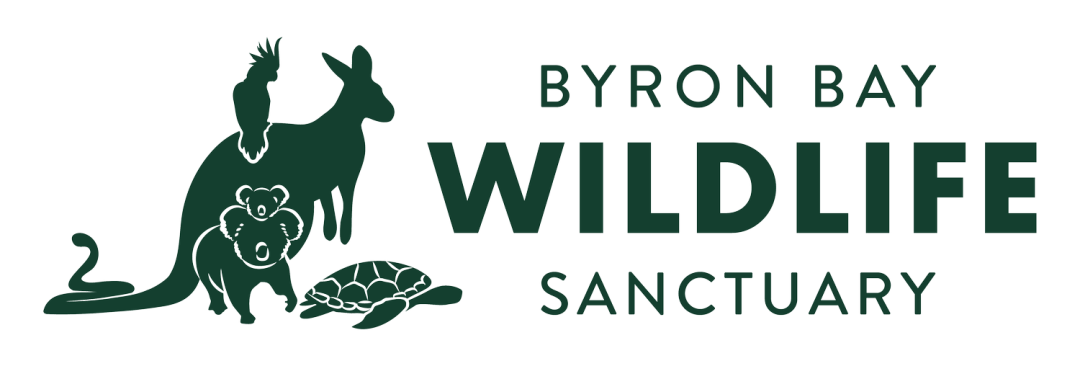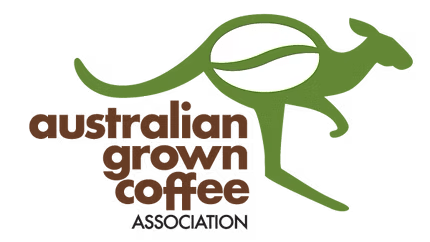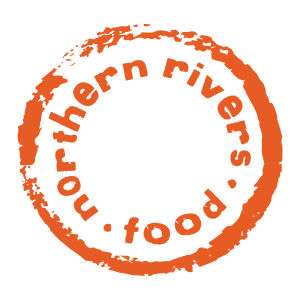The Best Decaf Coffee In Australia
Coffee lovers across Australia are increasingly searching for the best decaf coffee in Australia to enjoy the rich, complex flavours of their favourite brew without the caffeine kick. Whether you’re pregnant, caffeine-sensitive, or simply looking to cut back, decaf and low-caffeine options are needed more than ever.
Did you know that Australian-grown coffee is naturally lower in caffeine, making it a fantastic choice for those seeking a gentler cup? In this post, we’ll explore why Australian coffee stands out and how it could be the answer you didn’t know you were looking for.
The Rise of Decaf Coffee in Australia
Decaf coffee accounts for about 10% of the global coffee market, and Australia’s vibrant coffee culture is no exception. With specialty roasters reporting strong demand, it’s clear that Aussies are embracing decaf. They deserve to do so, without sacrificing taste.
Searches for “best decaf coffee in Australia” generate hundreds of queries monthly, reflecting a growing interest in high-quality, chemical-free decaf options; but there’s an even more exciting option closer to home: Australian-grown coffee.
Why Australian-Grown Coffee is Naturally Lower in Caffeine
Australia’s unique climate and soil conditions produce coffee beans that are naturally lower in caffeine making them gentler on the stomach and ideal for those seeking a lower caffeine dose per cup. Drinkers tell us they can enjoy ‘that extra’ cup of Australian grown coffee, where a foreign coffee would have given them the jitters or stomach ache, or kept them awake at night.
Grown in regions like Queensland’s Atherton Tablelands and Byron Bay’s lush hills, Australian coffee benefits from:
Sub-Tropical Cooler Climate: Unlike traditional coffee belts, Australia’s southern latitude mimics high-altitude cooler conditions; without the stress of pests or diseases prevalent in hotter, tropical coffee lands. Our coffees are naturally less caffeinated, due to less plant stresses in our environment.
Pesticide-Free Farming: With minimal pest threats, Australian coffee is often grown without chemicals, enhancing its natural purity and flavour.
Premium Arabica Varieties: Australia only grows Arabica coffee, which is naturally lower in caffeine than Robusta varieties. Grower-Roasters like ourselves only source high-quality Arabica beans, which naturally contain less caffeine than Robusta and deliver a sweeter, smoother finish.
For example, coffee from our farm is described as “sweet and chocolaty with a low acidity and rich lasting finish”. With a natural low-caffeine profile, you can enjoy a flavourful cup without the jitters. Perhaps low caffeine may be an option for you, rather then the full decaffeinated coffee options described below.
To read more on Australian-grown coffee, find our detailed blog HERE
Low-caffeine Is Still Too Much, I Need Decaf Coffee Beans!
The top decaf coffee beans in Australia are most commonly decaffeinated using the Swiss Water Process & Mountain Water Washed. Although there isn’t any decaffeinated Australian grown coffee, here is a breakdown on the chemical-free methods for those still seeking a full decaf.
Water Process vs. Chemical Decaf Process: Quick Summary
For best decaf coffee beans in Australia, the Swiss Water and Mountain Water processes deliver chemical-free decaf coffee with great flavour. Here’s a quick look:
Swiss Water Process:
How: Soaks green beans in water, filters caffeine with carbon, and re-soaks to remove caffeine while keeping flavour.
Why: clean taste.
Best For: Health-conscious fans of decaf coffee.
Mountain Water Process:
How: Steams beans, soaks in glacial water, filters caffeine, and re-soaks to preserve flavour.
Why: Eco-friendly, sweet profile.
Best For: Sustainable specialty coffee roasters Australia
- Chemical Process:
- Uses chemical solvents like methylene chloride or ethyl acetate to extract caffeine.
- Coffee beans are steamed to open pores, then soaked or rinsed with the solvent.
- Solvents selectively bind to caffeine, leaving most flavor compounds intact.
- Beans are steamed again to remove residual solvent, then dried.
- Methylene chloride is controversial due to health concerns; ethyl acetate is often marketed as “natural” since it can be derived from fruit.
Introducing, The Best Decaf In Australia, Our Very Own Zen Decaf.
We believe our Decaf coffee is up there with the best in the world. Roasted darker to draw out as much flavour as possible, our Zen Decaf produces an unbelievable crema and flavour that surprises everyone that tastes it. No chemicals are used in the decaffeination, the coffee we source from Mexico uses the ‘Mountain Water Washed Process’.

